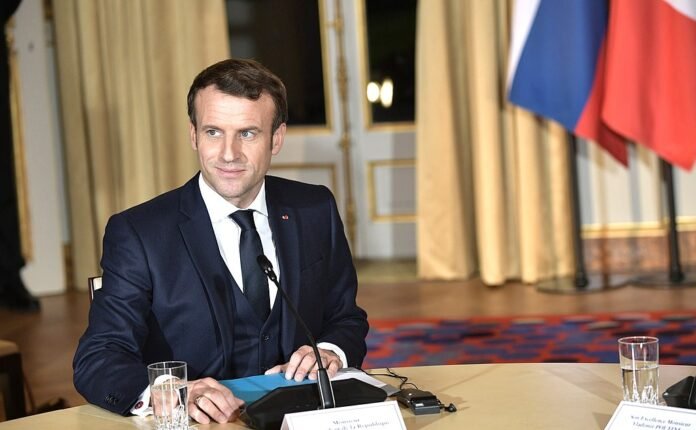French President Emmanuel Macron’s comments regarding African nations’ response to French military aid have ignited a spirited debate over international assistance and gratitude. Macron’s statement, suggesting a lack of appreciation from African counterparts, opens a Pandora’s box concerning the complex interplay between donor countries and recipient nations. France’s military involvement in the Sahel region, aimed at combating terrorism, has been historically instrumental yet contentious. Critics of Macron’s remarks point to the oversimplified expectations of gratitude, neglecting historical contexts of colonialism and sovereignty struggles. Historically, France’s footprint in Africa can be traced back to colonial times, profoundly influencing modern diplomatic ties and policy approaches. The ongoing military presence in Africa underlines both France’s strategic interests and its longstanding counter-terrorism commitments. Nonetheless, Macron’s comments resurrect issues about the paradigm of foreign aid — whether seen as altruistic support or post-colonial dominance. This incident catalyzes discussions about revisiting the narratives of international aid, focusing on reciprocal respect and autonomy for recipient states. The dynamics of international assistance rest upon mutual understanding, cultural sensitivity, and transparent motivations. African leaders, reacting to Macron’s statements, emphasize the importance of partnerships grounded in equality and genuine development aspirations, rejecting patronizing undertones. As the debate unfolds, it pushes the international community to critically assess the ethics and efficacy of military aid, alongside the respect for sovereignty and the right to self-determination. This situation reflects broader discussions on redefining international alliances, urging transparent dialogues that consider historical grievances and future collaborations.
Embed from Getty ImagesPerspectives
Perspective 1: Historians and post-colonial scholars critique Macron’s remarks as reflective of a persistent neo-colonial mindset. France’s history in Africa, characterized by colonial domination and cultural imposition, complicates the present-day expectations of gratitude. Scholars argue that true appreciation of aid involvement necessitates acknowledgment of historical wrongs and the promotion of equality in modern relations. This perspective underlines the need to transcend past exploitation frameworks, recognizing African agency and fostering partnerships built on mutual benefits and respectful collaboration.
Sources:
AL JAZEERA
JSTOR
Perspective 2: Military and defense analysts argue that Macron’s comments detract from pragmatic military cooperation aimed at stability and security in Africa. Analysts emphasize the operational realities of military aid, which often involve complex logistical coordination, counter-terrorism strategy execution, and regional security stabilization. While political discourse over gratitude remains sensitive, the effectiveness of military intervention relies on strategic alliance-building with local governments. The discourse should focus on pragmatic approaches and results-led operations, highlighting the imperative for comprehensive cooperation to achieve security goals.
Sources:
DEFENCE INDUSTRY DAILY
Perspective 3: African political leaders and regional analysts advocate for a redefined narrative in French-African relations, stressing sovereignty and self determination. The backlash from Macron’s statements magnifies the necessity for dialogues that honor African leadership in security and development affairs. African nations seek meaningful partnerships where autonomy and strategic foresight guide collaborations, free of historical patronization. Such an approach requires engaging African perspectives, promoting developmental objectives that align with local visions and preserving cultural contexts.
Sources:
BBC NEWS
